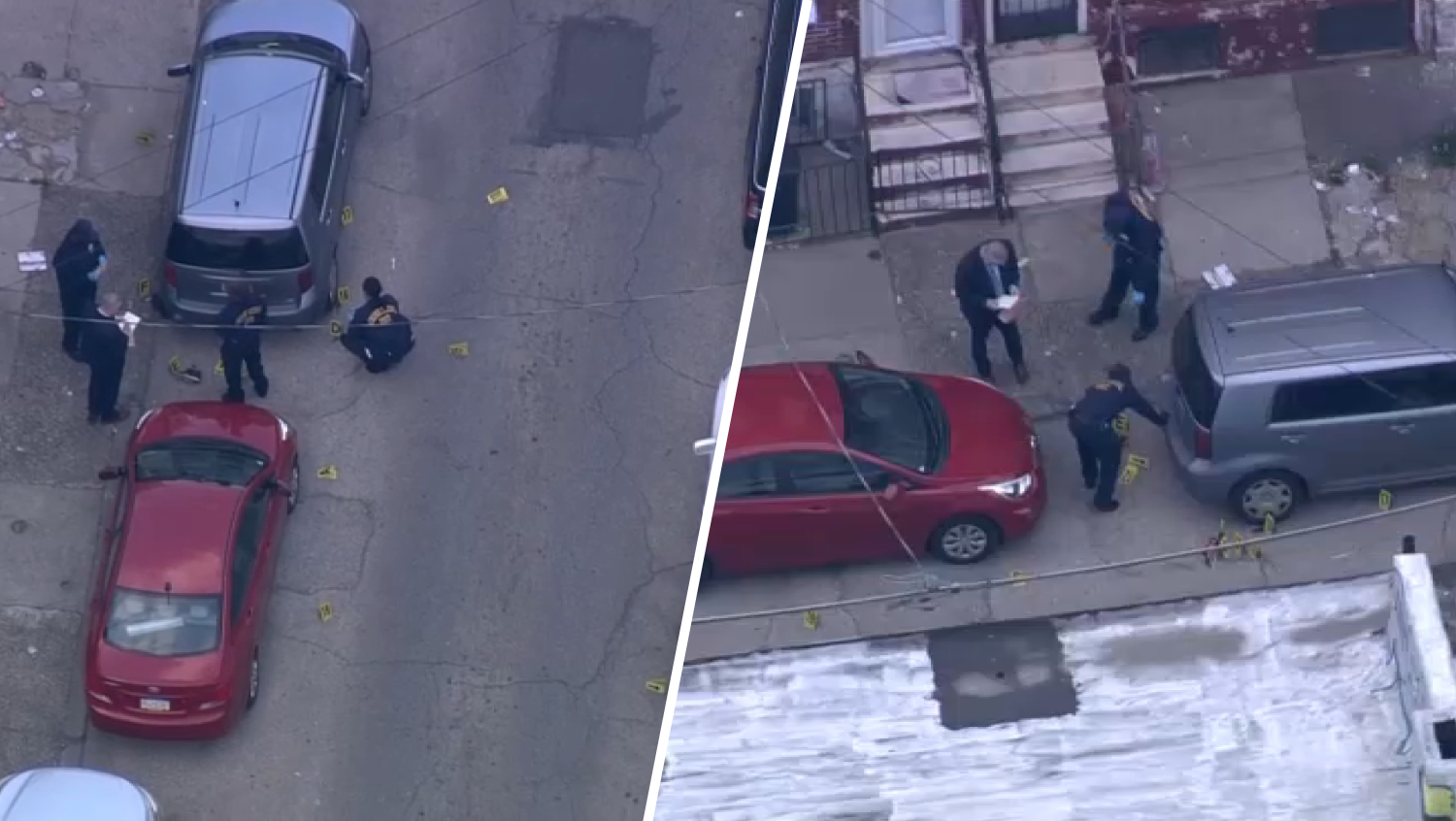A credit rating agency on Thursday welcomed the end of Pennsylvania's nine-month budget stalemate but said the spending package doesn't resolve the state's structural budget deficit or address its looming pension crisis.
Democratic Gov. Tom Wolf backed off a veto threat and agreed to permit a Republican-penned $6.6 billion supplemental spending package to become law, saying he relented because it was "time to move on" and start work on the next budget.
Moody's said Thursday that while the budget represents an improvement over "political gridlock," it fails to address the state's long-term fiscal challenges.
"The approved budget ... casts no light on the government's ability to reach compromise on its long-term fiscal challenges," Moody's said in a statement.
Noting Pennsylvania faces sharply higher pension costs, the agency said the budget fails to fully fund public employee pensions. It said Pennsylvania's willingness to address the pension crisis "in spite of what could be slow tax revenue growth will be a major factor in the commonwealth's credit profile."
The agency also said it expects Pennsylvania's economy to "underperform due to weak demographics and poor fiscal conditions over the long term."
The budget includes a 3 percent increase in overall spending, but it does so without a multibillion-dollar tax increase that Wolf had sought to deliver a record boost in aid to public schools and wipe out a long-term deficit that has damaged Pennsylvania's credit rating. Democrats said the budget would add hundreds of millions of dollars to a $2 billion structural deficit for 2016-17.
Local
Breaking news and the stories that matter to your neighborhood.
The lengthy budget fight threatened to shutter schools and forced layoffs at social services agencies.
Moody's predicted a new budget stalemate for the next fiscal year, which begins July 1.



